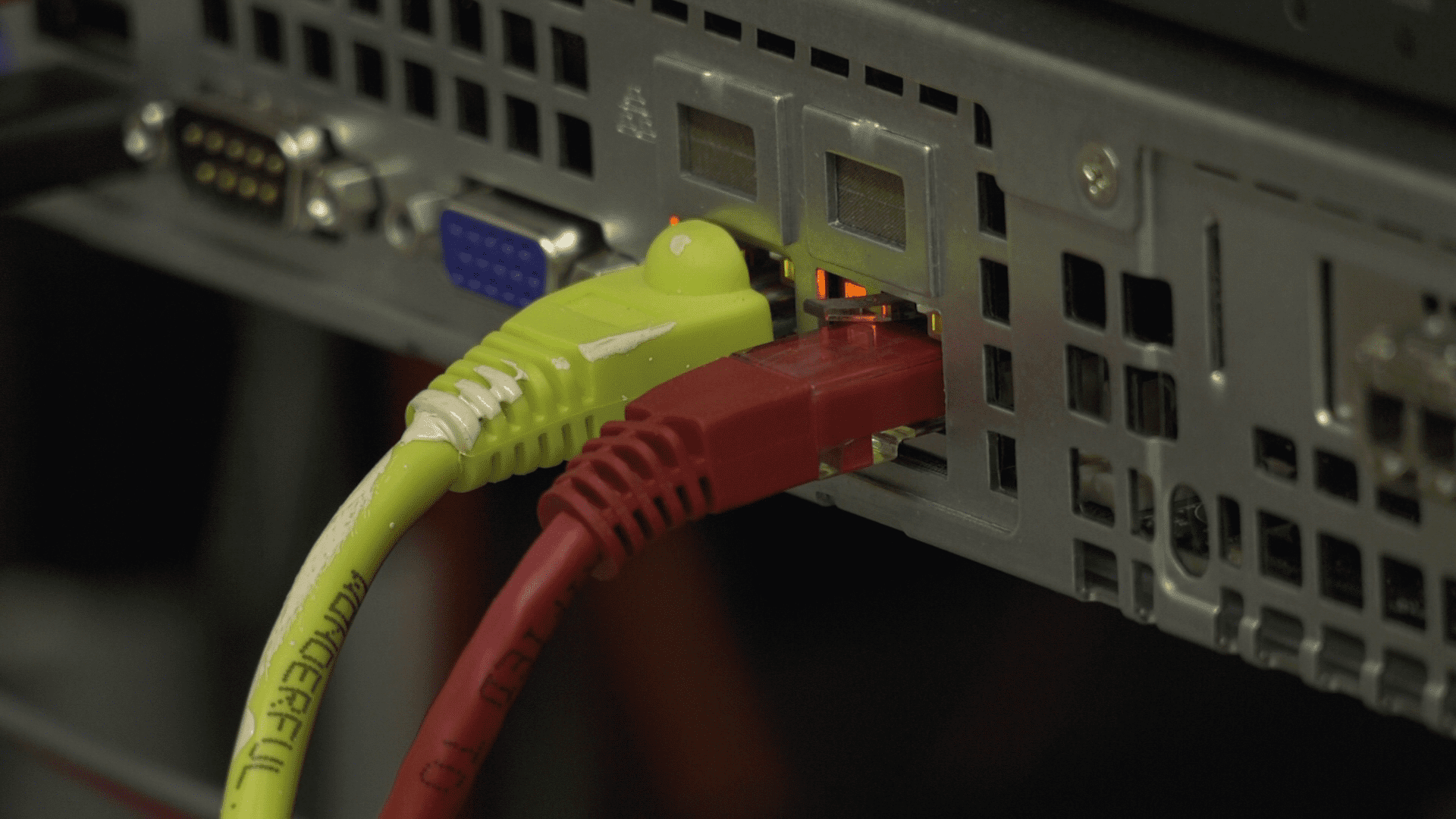Major broadband investments for 48 Minnesota counties

Internet
A nearly $100 million investment will bring better broadband access to thousands of Minnesotans.
Governor Tim Walz announced Thursday that interned providers will soon be able to expand broadband coverage to more Minnesotans. The Walz Administration says this represents the largest single investment in broadband infrastructure in State history.
“This historic funding will dramatically improve broadband access for thousands of Minnesotans,” shared Governor Walz in Thursday’s announcement. “Broadband connects students to new educational opportunities, provides workers with more flexibility, expands access to healthcare resources and information, and helps us stay connected to the people who matter most. This investment is essential to making Minnesota the best state to live, work, and raise a family – no matter where you live.”
In total, 61 broadband expansion projects around Minnesota will receive $99.6 million in grants from the Border-to-Border Broadband program, given out by the State’s Department of Employment and Economic Development (DEED) Office of Broadband Development. DEED says internet providers will be able to extend new high-speed internet connections to more than 33,000 Minnesota homes and businesses in 48 counties.
Here is the funding breakdown for a few Northland counties:
Aitkin, $1,231,818.00
• Mille Lacs Energy Cooperative, $1,231,818.00
Aitkin, Itasca, St. Louis, $3,052,120.00
• Paul Bunyan Communications, $3,052,120.00
Beltrami, Kittson, Lake of the Woods, Marshall, $665,699.00
• Wikstrom Telephone Co. Inc, $665,699.00
Carlton, $801,834.27
• Mediacom Minnesota LLC, $801,834.27
Mille Lacs, $1,594,397.16
• Benton Cooperative Telephone Company, $1,118,289.16
• Savage Communications Inc., $476,108.00
Saint Louis, $7,925,722.53
• Mediacom Minnesota LLC, $7,363,624.53
• Savage Communications Inc., $562,098.00
Saint Louis, Cass, $4,857,030.00
• Consolidated Telephone Company, $4,857,030.00
Earlier this year, the Governor’s Council on Economic Expansion named universal affordable broadband access as one of its priorities for expanding the state’s economy. The council recommended that the State Government ensure every child has access to the internet, as well as appropriate hardware, training, and online learning. The council also recommended the Walz Administration provide affordable access to internet for every person in the state, and drive economic competitiveness with affordability.
This investment includes funding primarily from two sources: half of a $50 million appropriation from the state Legislature signed into law this year by Governor Walz, and $70 million in federal funding from the American Rescue Plan.
The grant maximum is $5 million per project, and grant funds may be used to reimburse up to 50% of a grantee’s eligible costs of deploying broadband infrastructure. Projects must meet or exceed the State’s 2026 broadband speed goal of 100 Mbps download and 20 Mbps upload.